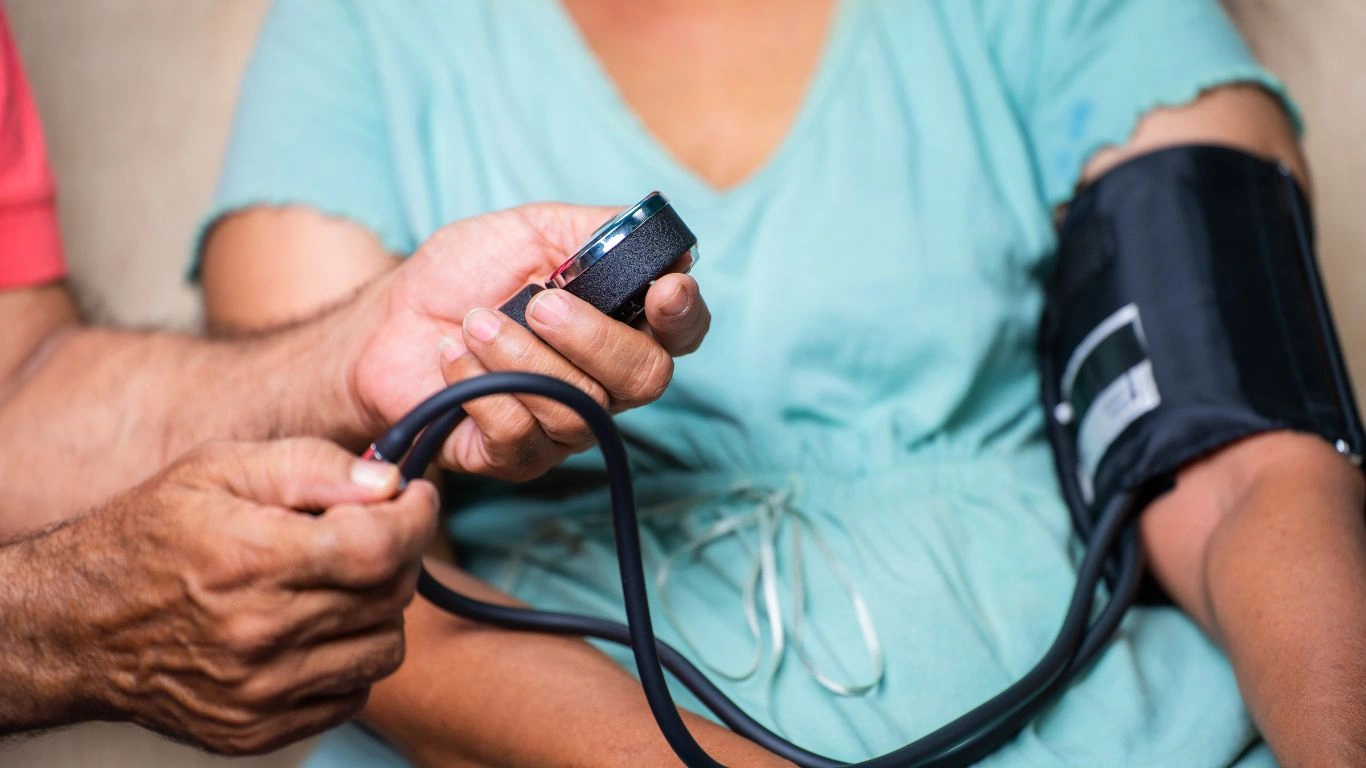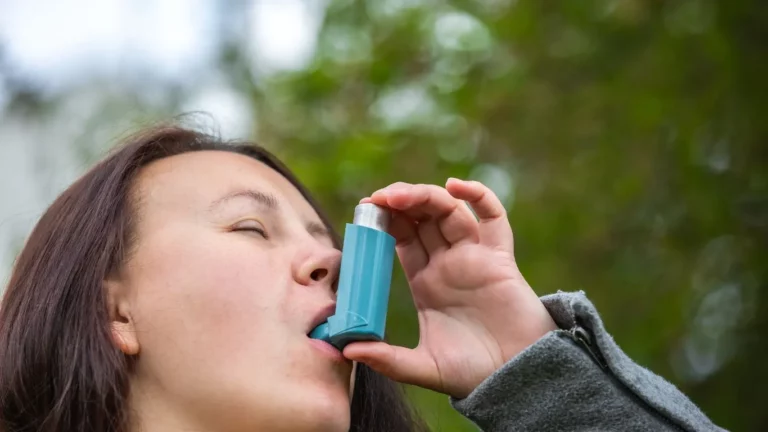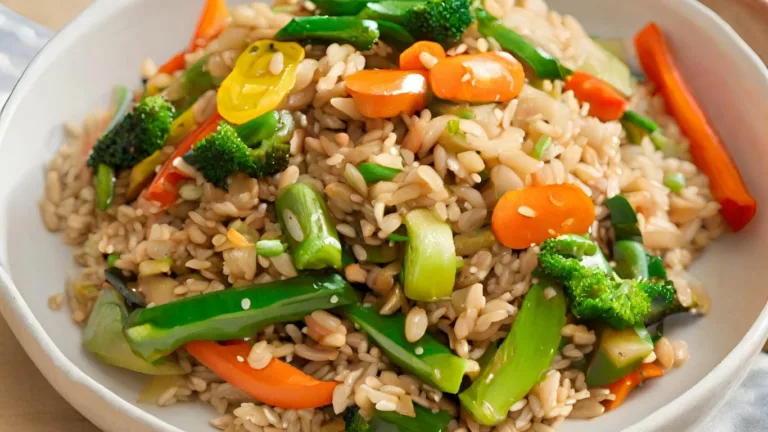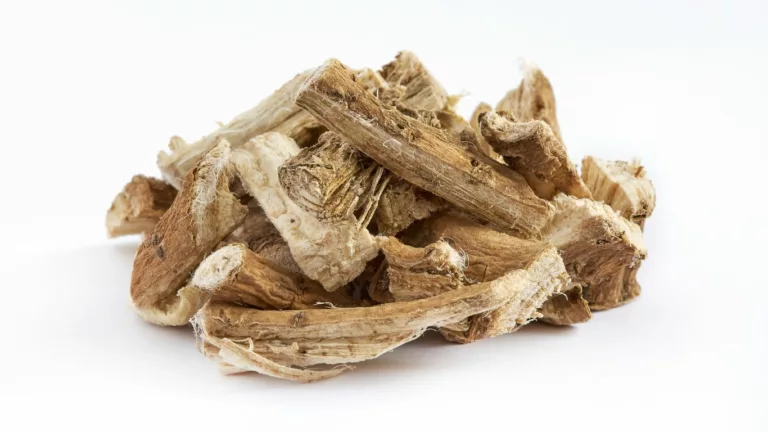Natural Diuretics for Hypertension Relief: A Comprehensive Guide
Struggling with high blood pressure and looking for a natural way to manage it? Let’s dive into the world of natural diuretics to help you find some relief!
Hypertension, or high blood pressure, affects millions of people globally, and managing it can feel like a full-time job. While medication is often necessary, there are natural alternatives and supplements that can complement your treatment plan. Enter natural diuretics—a game-changer for many dealing with hypertension.
Let’s explore how these work, the best ones to include in your routine, and how they can make a difference in your overall health.

What Are Natural Diuretics?
A diuretic is essentially anything that helps your body get rid of excess water and sodium by increasing urine output. When your body holds onto too much fluid, it can increase the pressure on your blood vessels—hence, contributing to high blood pressure.
Natural diuretics are foods, herbs, or lifestyle habits that promote this process without the need for synthetic medications. They’re particularly appealing because they’re often gentler on the body and come with added nutritional benefits.
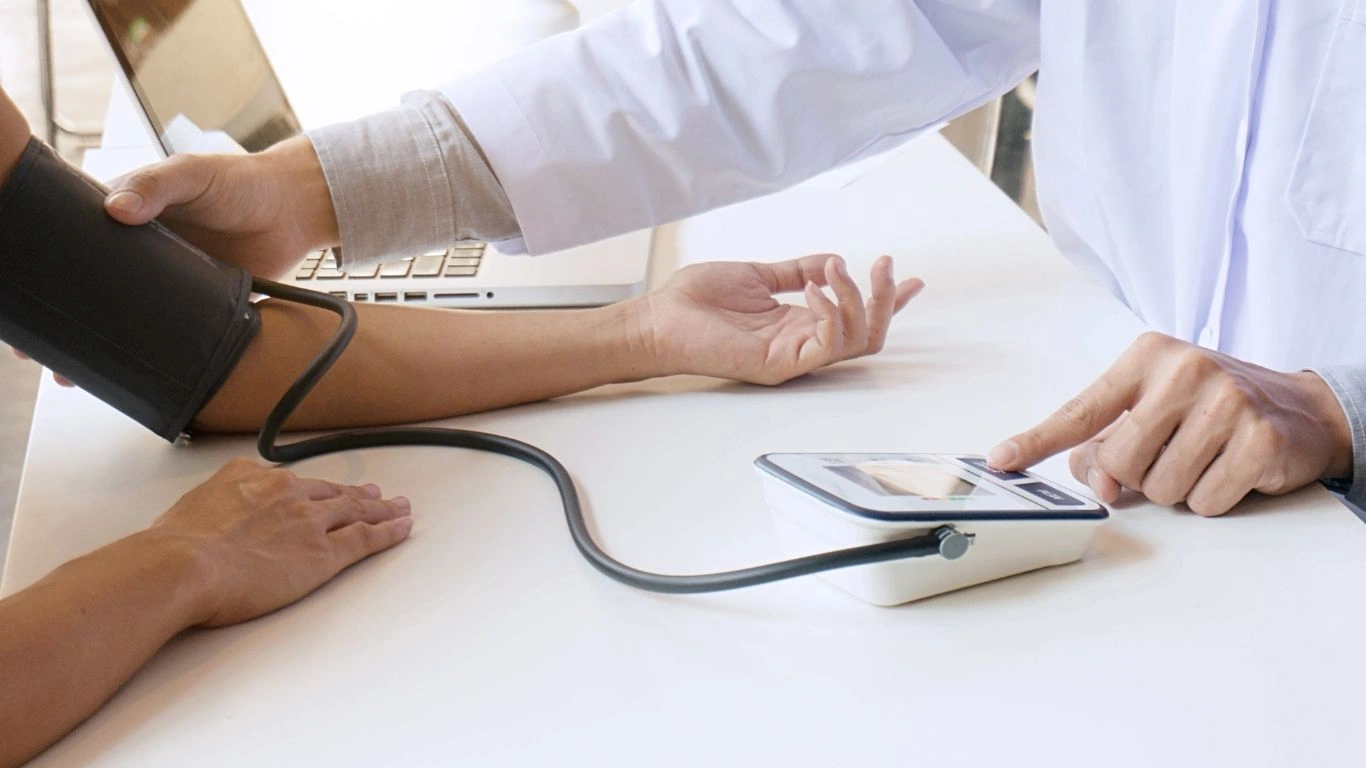
How Do Natural Diuretics Help with Hypertension?
High blood pressure is often influenced by factors like excess fluid retention, poor kidney function, or high sodium levels. Natural diuretics work to counter these issues by:
- Reducing Fluid Retention: Less fluid in your system means less pressure on your arteries.
- Improving Sodium Balance: Many natural diuretics encourage sodium excretion, which helps balance your electrolytes.
- Supporting Kidney Function: Good kidney health is crucial for managing blood pressure, and diuretics can help keep your kidneys in tip-top shape.
The result? Lower blood pressure and better overall health.

Top Natural Diuretics to Try
Here are some powerhouse natural diuretics to consider for hypertension relief:
- Watermelon: Loaded with water and potassium, it flushes out excess sodium and supports kidney function.
- Parsley: A natural diuretic rich in antioxidants and vitamins, often consumed as tea or in meals.
- Dandelion: Packed with potassium, it reduces fluid retention effectively and safely, commonly consumed as tea.
- Cucumber: Mostly water, cucumbers hydrate and reduce bloating while offering antioxidants.
- Celery: Known for relaxing blood vessels and acting as a mild diuretic, it has been used for centuries.
- Hibiscus Tea: A tart, vibrant option with blood-pressure-lowering properties when consumed regularly.
- Ginger: Improves circulation and serves as a mild diuretic, ideal in tea or smoothies.
- Lemon Water: A refreshing morning drink that hydrates and supports kidney function as a mild diuretic.

Tips for Using Natural Diuretics Safely
- Stay Hydrated: Diuretics can dehydrate you, so drink plenty of water to stay balanced.
- Consult Your Doctor: Check with your doctor before using natural diuretics, especially if on medication.
- Balance Potassium Levels: Keep an eye on potassium intake as some diuretics increase its levels significantly.
- Start Slow: Begin with small amounts of any new herb or food to observe your body’s response.
FAQs
1. Can I replace my blood pressure medication with natural diuretics? No, natural diuretics complement treatment but shouldn’t replace prescribed medication. Consult your doctor.
2. Are there any side effects of natural diuretics? Dehydration and electrolyte imbalances are possible. Use them moderately and stay hydrated.
3. How long does it take for natural diuretics to work? Effects vary, but many notice reduced water retention within days to weeks.
4. Can I use natural diuretics daily? Foods like cucumber and watermelon are safe daily, but herbs like dandelion are better used periodically.
5. Do natural diuretics help with weight loss? They reduce water weight temporarily but aren’t for fat loss.
References
1. American Heart Association. (2023). Managing Hypertension with Natural Remedies. Read Article
2. Smith, J. (2021). The Role of Diet in Blood Pressure Control. Journal of Nutrition and Hypertension. Read Article
3. National Institutes of Health. (2024). Natural Remedies for High Blood Pressure. Read Article
Disclaimer: This article is for informational purposes only and is not a substitute for professional medical advice. Always consult your healthcare provider before making any changes to your treatment plan.
